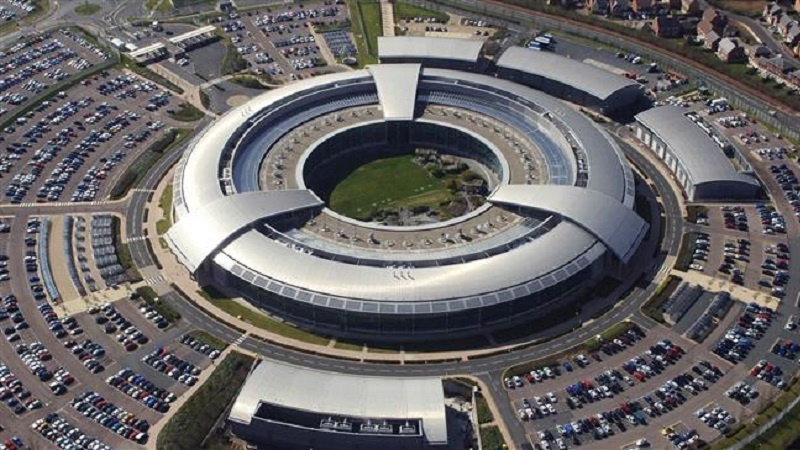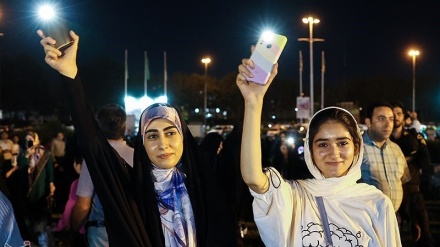British spies still using torture to get information: Labour
Britain’s spies are still sharing intelligence obtained under torture in breach of their official guidance, the UK Labour Party has revealed in a letter to Foreign Secretary Boris Johnson.
According to Press TV, Labour’s Shadow Foreign Secretary, Emily Thornberry, and the Shadow Attorney-General, Shami Chakrabarti, wrote the letter this week, raising concern over figures buried deep in the latest annual report put out by the Intelligence Services Commissioner (ISC).
The ISC oversees intelligence sharing practices by the MI5, MI6 and GCHQ. The intelligence obtained abroad is used as dictated by an official document called the Consolidated Guidance on the Detention and Interviewing of Detainees Overseas, or simply the guidance.
The hitherto unpublicized data by the ISC showed that, in 2016 alone, the three agencies and the UK Ministry of Defense felt a need to consider the guidance in 921 cases. That’s more than double the number the previous year.
“The commissioner’s most recent report reveals a doubling of cases considered under the Consolidated Guidance, compared with the last three years, and an unprecedented number of acknowledged failures to apply the Guidance,” wrote Thornberry and Chakrabarti.
According to the damning ISC report, Sir Mark Waller, the then Commissioner, found that in 35 cases the GCHQ had failed the guidance.
“Even worse, in eight of those cases, it was found that the intelligence was shared despite the fact that the Guidance should have prohibited further action – presumably as a result of what were serious risks of torture or other ill-treatment,” the letter read.
The revelation is specifically damaging for London as it follows the government’s last unreserved apology to Abdel Hakim Belhaj and Fatima Boudchar, who were detained in Malaysia by the CIA with help from MI6 spies.
The two Libyan nationals were then sent back to Libya, where the former served a seven year prison term and the latter was released after being subjected torture.
The ISC report suggested that the Belhaj case was not the only one, according to Thornberry and Chakrabarti.
While the government has begun to review the guidance in the wake of criticism by Waller and other top officials, Human rights groups think the review is not likely to dig deep.
“The ISC figures, snuck out just before Christmas, show that the UK’s policy on handling torture-tainted evidence simply isn’t fit for purpose,” Dan Dolan, Head of Policy at Human Rights Watchdog Reprieve, said.
ME



